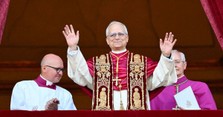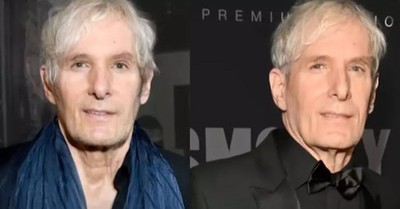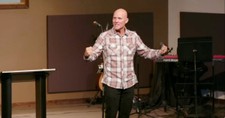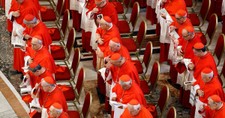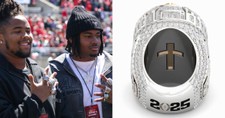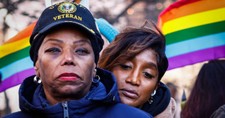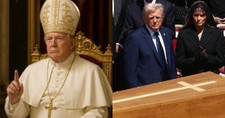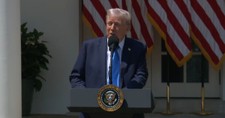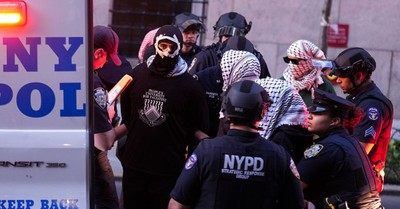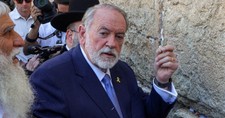
Trending Articles
Recent News
Steven Curtis Chapman’s New Song Honors Moms Who Quietly Change the World 4 Things American Christians Should Know about Pope Leo XIV Pope Leo XIV Makes History as First American Leader of the Catholic Church Christian Rapper Wins NPR Fan Favorite Award with Faith-Filled Track Christian Leaders Call for Global Prayer as India-Pakistan Conflict Escalates Supreme Court Sides with Trump in Reviving Ban on Trans-Identifying Military Members Worship Leader Kristian Stanfill Opens Up about Sobriety and Redemption San Francisco’s Young Adults Are Reading Scripture More than Their National Peers How Jennie Allen Is Equipping a Generation to Battle Anxiety through Scripture
Trending Articles
Recent News
Steven Curtis Chapman’s New Song Honors Moms Who Quietly Change the World 4 Things American Christians Should Know about Pope Leo XIV Pope Leo XIV Makes History as First American Leader of the Catholic Church Christian Rapper Wins NPR Fan Favorite Award with Faith-Filled Track Christian Leaders Call for Global Prayer as India-Pakistan Conflict Escalates Supreme Court Sides with Trump in Reviving Ban on Trans-Identifying Military Members Worship Leader Kristian Stanfill Opens Up about Sobriety and Redemption San Francisco’s Young Adults Are Reading Scripture More than Their National Peers
Positive Stories
Celebrity
Video
Opinion
Church
Entertainment
Sports
Movies
Politics
Christian News Headlines - Breaking and Trending Religion News
Crosswalk Headlines - Christian news brought to you by a group of Christian writers and editors who are dedicated to creating a well-rounded look at what’s happening across the globe from a Christian worldview. Our vision is to inform and inspire productive discussion about the current events and online trends that shape our lives, our churches and our world.Crosswalk Headlines includes blog posts about current events and Christian media, breaking news, feature articles, and guest commentaries, many written by respected Christian thinkers.




